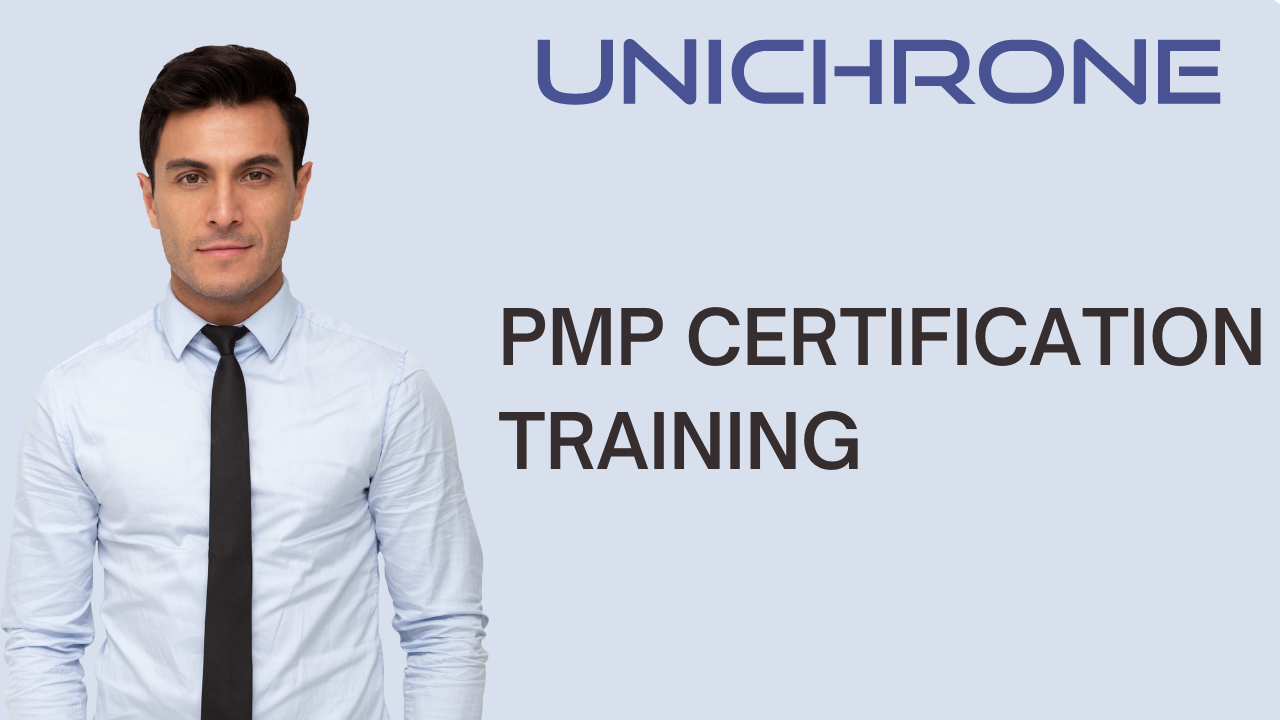Introduction
Are you a project manager looking to take your skills to the next level? The Project Management Professional (PMP) certification is a globally recognized credential that can significantly boost your career prospects. In this article, we will dive deep into the world of PMP certification training, exploring its benefits, requirements, and how to effectively prepare for the exam. So, fasten your seatbelt and get ready to embark on an exciting journey towards mastering the art of project management!
PMP Certification Training: Unlocking New Horizons
Project management is an ever-evolving field that demands a diverse skill set and the ability to navigate complex challenges. Acquiring a PMP certification demonstrates your commitment to professional growth and validates your proficiency in project management methodologies. Here’s what you need to know about PMP certification training:
1. What is PMP Certification Training?
PMP certification training is a comprehensive program designed to equip aspiring project managers with the knowledge, skills, and techniques necessary to successfully lead and execute projects. It covers various project management areas, including initiation, planning, execution, monitoring, control, and closure.
2. Why Should You Pursue PMP Certification?
Obtaining PMP certification can open doors to exciting career opportunities and provide a competitive edge in the job market. Here are some compelling reasons why you should consider pursuing PMP certification training:
- Industry Recognition: The PMP certification is widely recognized and respected across industries, making you stand out as a qualified project management professional.
- Enhanced Skill Set: PMP certification training enhances your project management skills, enabling you to tackle complex projects with confidence and efficiency.
- Career Advancement: PMP-certified professionals often enjoy accelerated career growth and better job prospects, with opportunities for higher salaries and leadership roles.
- Global Opportunities: The PMP certification is globally recognized, allowing you to pursue international projects and work in diverse environments.
3. PMP Certification Exam Requirements
To be eligible for the PMP certification exam, you must meet certain requirements set by the Project Management Institute (PMI). Here are the key prerequisites:
- Educational Background: You need a secondary degree (high school diploma, associate’s degree, or the global equivalent) and at least five years of project management experience, with a minimum of 7,500 hours leading projects. Alternatively, a four-year degree (bachelor’s degree or the global equivalent) is accepted, along with a minimum of three years of project management experience, with 4,500 hours leading projects.
- Project Management Education: As part of the eligibility criteria, you must complete 35 hours of formal project management education.
4. How to Prepare for the PMP Certification Exam?
Preparing for the PMP certification exam requires careful planning and a structured approach. Here are some steps to help you effectively prepare:
Step 1: Understand the Exam Content
The PMP certification exam is based on the Project Management Body of Knowledge (PMBOK® Guide) published by the PMI. Familiarize yourself with the exam content outline and understand the knowledge areas, process groups, and key concepts.
Step 2: Enroll in a PMP Certification Training Course
To gain a comprehensive understanding of project management concepts and exam requirements, it is recommended to enroll in a reputable PMP certification training course. These courses are designed to cover the exam syllabus in detail, provide valuable study materials, and offer practice tests to assess your readiness.
Step 2: Enroll in a PMP Certification Training Course (continued)
- Self-Study: If you prefer self-paced learning, you can also choose to study independently using online resources, study guides, and practice exams. However, it’s essential to ensure that the materials you use align with the current PMP exam content.
Step 3: Create a Study Plan
Develop a study plan that outlines your goals, study schedule, and topics to cover each week. Breaking down the content into manageable chunks will help you stay organized and make steady progress in your preparation.
Step 4: Practice, Practice, Practice
Dedicate ample time to practice PMP exam-style questions. Solving practice exams not only helps you familiarize yourself with the exam format but also allows you to identify your strengths and weaknesses. Focus on areas where you need improvement and revisit the corresponding study materials.
Step 5: Join Study Groups or Discussion Forums
Engaging with fellow PMP aspirants can provide valuable insights and create a supportive learning environment. Join online study groups or discussion forums where you can share experiences, clarify doubts, and exchange study resources.
5. Frequently Asked Questions (FAQs) About PMP Certification Training
Q1: Can I take the PMP certification exam without training?
A1: Yes, you can take the PMP certification exam without undergoing formal training. However, it is highly recommended to undergo PMP certification training as it provides comprehensive coverage of the exam syllabus and increases your chances of success.
Q2: How long does it take to prepare for the PMP certification exam?
A2: The time required to prepare for the PMP certification exam varies depending on your prior knowledge and experience. On average, it takes around 3-6 months of dedicated study to adequately prepare for the exam.
Q3: Are there any prerequisites for PMP certification training?
A3: Yes, to be eligible for PMP certification, you must meet the experience and educational requirements set by the PMI. Refer to the exam requirements section for detailed information.
Q4: Can I pursue PMP certification online?
A4: Yes, several reputable training providers offer PMP certification training online. Online courses provide flexibility and convenience, allowing you to learn at your own pace and from the comfort of your home or office.
Q5: What is the passing score for the PMP certification exam?
A5: The passing score for the PMP certification exam is not disclosed by the PMI. The exam is scored using a combination of multiple-choice questions, and the passing score is determined through a psychometric analysis.
Q6: Is PMP certification valid globally?
A6: Yes, PMP certification is globally recognized and respected in the field of project management. It is valued by employers worldwide and opens doors to international career opportunities.
Conclusion
Investing in PMP certification training is a strategic move to advance your project management career. By obtaining this globally recognized credential, you demonstrate your commitment to professional growth and gain a competitive edge in the job market. Remember to thoroughly understand the exam requirements, create a solid study plan, and leverage study resources to maximize your chances of success. Embrace the journey of mastering the art of project management and unlock new horizons in your career




